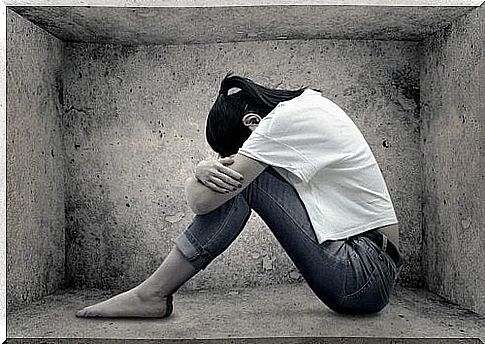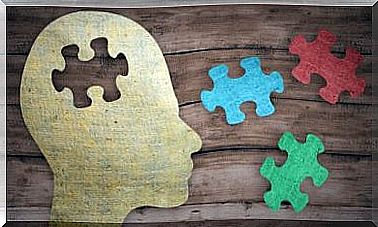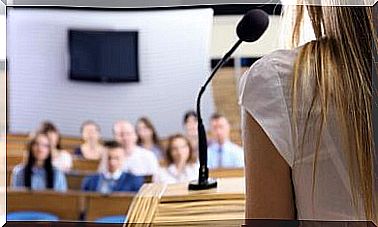Improving Our Confidence By Being Realistic

Improving our self-confidence is one of the main goals of many therapies. It is also one of the basic elements that help us walk the path that lies ahead. Why? Because high self-confidence strengthens our emotional immunity and maintains our resilience. With the importance of this in mind, we ask you this question: how can we improve our self-confidence?
Achieving this, like many other psychological challenges, requires different resources and strategies. This is because the collapse of our self-confidence can have various causes. One of the most important of these is the so-called attribution theory. This encompasses the different ways in which people explain behavior of themselves and others. In addition, the degree of influence that we think we exert on what happens to us also counts.
What is causal attribution and how can it undermine our self-confidence?
When our self-confidence is normally low, we think it is a consequence of personal, internal factors. We don’t think anything can be done about this, so we attribute the cause of this setback to ourselves. For example, what does a person who has low self-confidence think when their relationship has come to an end? He’ll think it’s his fault.

Negative thoughts then crop up. “I’m not good enough for her,” “I don’t deserve her,” “this is all my fault.” In reality, however, it is usually slightly different. When a relationship comes to an end, both parties share responsibility for it. Often it is not one person’s fault, even though both may feel that way.
Therefore, it is no surprise that people start to experience feelings of guilt after a breakup. The moment these feelings emerge, great self-confidence will be able to absorb the blows and prevent a mental breakdown. We look at the situation just a little more realistically — and so is the causal attribution to the circumstances. This is the apparent cause of the situation. However, great self-confidence extends beyond these kinds of situations. You will also experience the effects of this in other life situations.
The Distant Range of Causal Attribution Patterns
In addition, people with low self-esteem attribute positive events to external factors. For example, they will think that their promotion was not because of their good work, but because their boss is nice or in a good mood. If you pile this on top of the internal attribution of negative events, you can imagine that such a person can never feel good about themselves. Plus, they won’t be quick to accept rewards or promises without being skeptical about it.
Improving our self-confidence by changing the usual causal attribution patterns
So what can we do to change our usual causal attribution patterns and thus improve our self-confidence? Let’s start by taking a step back. Look at situations from a different perspective. In this way it is possible to carry out a general assessment. It is adapted to reality and not to our failures and mistakes. Beware of a possible pitfall: excessive optimism. The above method does not work when the causal attribution patterns take on an overly optimistic nature. So don’t turn everything around completely by thinking that all positive events are due to you and all negative events are due to external factors. Keep an eye on the balance, because eventually you will be confronted with reality. Extreme attribution patterns will eventually punish you anyway.
That is why we must also ask ourselves to what extent we can influence what happens to us. What other elements may have played a role in ensuring a certain outcome? So we must learn to ascribe the good events to our own doing when it corresponds to reality . In this way we learn more and more and our self-confidence will improve.

Don’t constantly punish yourself
We will also need to think about the negative events and how they relate to us. In addition, it is important not to constantly blame ourselves for things in which we played a minimal (or no) role. If something was our fault, we cannot change the situation by only punishing ourselves after analyzing the situation and learning from it. Ultimately, the chance of repeating our previous mistakes will be reduced by learning from them. This also prevents us from (further) damaging our self-confidence.
By following these steps, we continue our development journey. Being able to analyze ourselves in a realistic way will help us have an adjusted view of our strengths and weaknesses. This allows us to improve our self-confidence and strengthen our inner strength. We will be able to choose the better life goals and put our energy into them.









